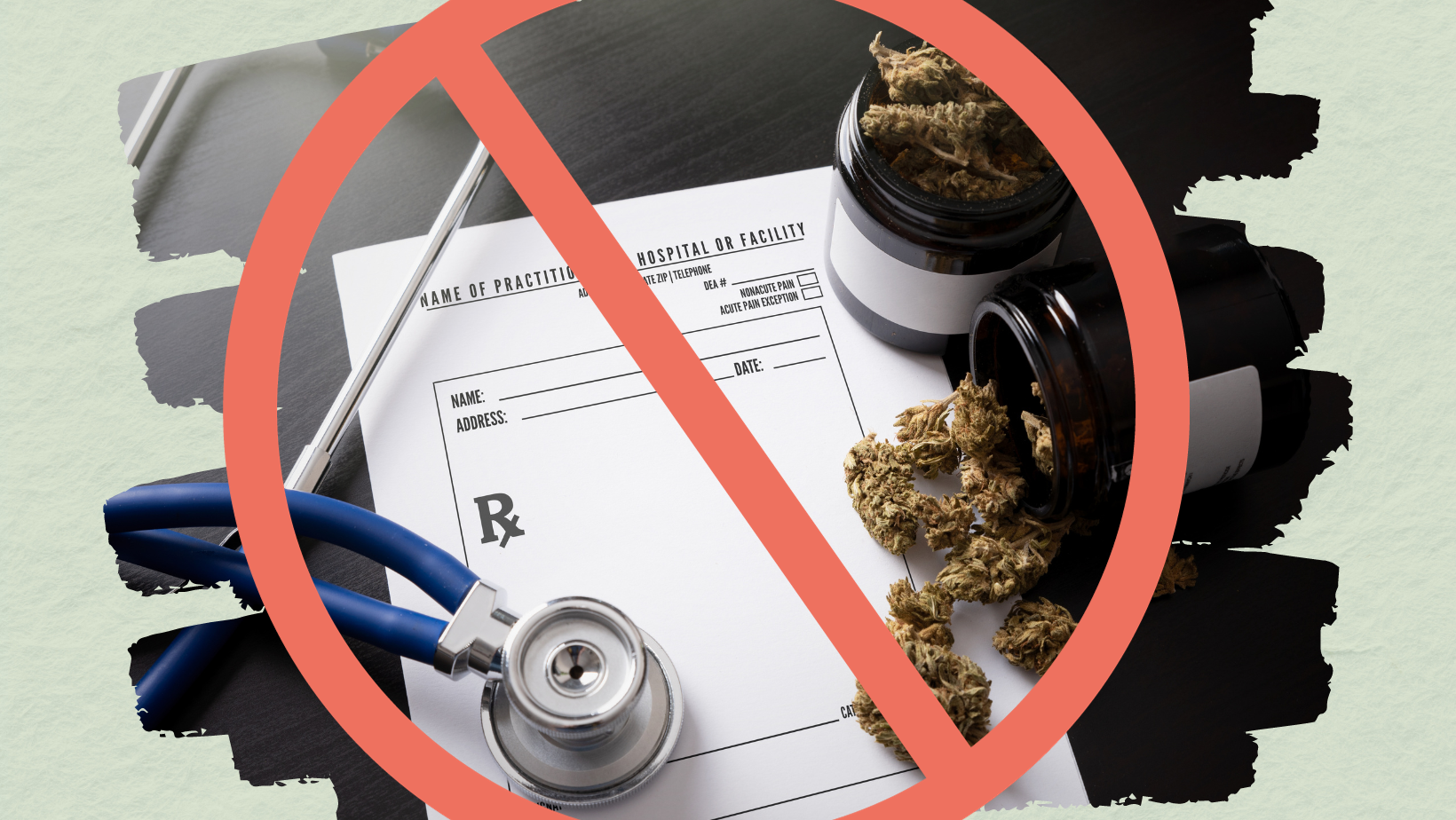
In state after state, the story is similar: the legalization of recreational cannabis is having unintended consequences.
When adult recreational use of cannabis is legalized, medical patients often find their needs deprioritized. They may find that the specialized formulations they rely on have been replaced with products that appeal to recreational users, or struggle to access the kind of patient education that would help them determine what works best for them.
“It’s a really interesting time for cannabis, and the work we’ve been doing for the last 20 years has created this opportunity, this moment in time, where we’re seeing the impact of removing barriers to access,” explains Steph Sherer, founder and president of Americans for Safe Access. “It’s much easier to say ‘I support medical cannabis,’ but if we really want to see this amazing plant reach its full potential, it’s going to mean not only dealing with the prohibition component of policy but also reshaping the regulatory pathways that are available and how we define medicine in this country.”
The Importance of Education
Properly educating both doctors and patients about medical cannabis and its applications, dosing, and potential interactions remains essential. This requires a dedicated investment in research to ensure informed patient care.
“A big disadvantage of not having a separate medical program and just expecting a medical patient to go into your recreational facility is that all of a sudden, the education is not there, along with privacy, and that’s important,” shares Ellen Lenox Smith, co-director for Medicinal Cannabis Advocacy for the U.S. Pain Foundation. “When you visit a medical dispensary, they have education [surrounding the medical use of cannabis]. You go to a recreational dispensary, and that’s not what they do.”
The Need For Standardized Quality Control
Standardized quality control for medical cannabis is a pressing issue. Disparities between research findings and market offerings can hinder doctors from providing accurate advice.
Advocates are working to implement robust regulations that ensure patients receive contaminant-free, accurately dosed cannabis preparations.
Legally Rescheduling Cannabis
A fundamental priority that addresses the issues of both education and quality is the push to move cannabis out of Schedule I classification at the federal level. Schedule I is used to classify substances that have no accepted medical use and have a high potential for abuse; heroin is another drug included in this classification.
Patient organizations like Americans for Safe Access and the U.S. Pain Foundation are advocating for cannabis to be reclassified as “Schedule VI.” This would create a national medical cannabis program that would allow regulations to be created outside of the criminal justice system, Sherer explains. It also would form an office tasked with creating protocols for other federal agencies, harmonizing product safety protocols, and developing a centralized licensing and registration authority for the supply chain of products.
“I invite advocates to take a look beyond their states and join us in this larger call for a national medical cannabis program,” says Sherer. “That will really be the only way that we can not only break down geographical barriers and legal barriers but also address issues such as consistency and product safety. It’s also the only pathway to move cannabis therapeutics, both the products and doctor’s visit, into a system where health care coverage is possible.”
She adds, “My hope is that we can close the gap between compassionate use [which refers to using an unauthorized or unregulated medicine to treat a patient not responding to other treatments] and medicine. And my biggest fear is that instead cannabis stays at the status quo, which means it’s on the periphery of American health care and out of reach for millions of Americans.”
Patient Advocacy
Ultimately, putting patient voices first is key to navigating cannabis legalization in a way that does not leave medical cannabis users behind. Patients must organize and advocate for protections that preserve access, affordability, choice, and quality, while taking into account current state programs and the stakeholders they have created.
“There are all sorts of academic approaches that are happening right now, but in my experience, it takes patient advocacy to turn research into policy,” explains Sherer.
Patient advocacy is vital in ensuring that the compassionate intent behind medical cannabis — to aid those in need — isn’t overshadowed by the commercialization of recreational use. With persistence from patients and allies, medical cannabis can be kept affordable, accessible, understandable, and unadulterated.
—Janet Jay
Our 2023 KNOWvember campaign is made possible through the generous sponsorship of PurWell, Herbie, and TribeTokes.
Waiver and Release: The U.S. Pain Foundation independently developed the content without review from its sponsors. This information is for educational purposes only and may not be used as a substitute for advice from a health care professional. Consult with a licensed physician before using any medical cannabis/marijuana product or recreational cannabis/marijuana product. Please be advised that use and possession of such products are prohibited under federal law. Medical cannabis/marijuana products and recreational cannabis/marijuana products may be legal in some states and although federal enforcement may not be applied consistently at the present time, this is subject to change. By participating in this educational program, you agree that the U.S. Pain Foundation shall not be liable to you for any consequences, legal or otherwise for use or possession of such products at any time and in any jurisdiction.
.
Subscribe to our newsletter
U.S. Pain Foundation is a 501 (c)(3) nonprofit organization dedicated to serving those who live with conditions that cause chronic pain, as well as their caregivers and care providers. Learn more.
Our Sponsors
U.S. Pain Foundation relies on the generosity of donations and grants. We are especially thankful to our Corporate Council for sustaining our programs and services year-round. Learn more.
Contact Us
U.S. Pain Foundation, Inc.
15 North Main Street, Unit 100
West Hartford, CT 06107
Telephone: 800.910.2462
Email:
[email protected]
Tax ID number: 26-2703521
All Content Copyright 2021 | All rights reserved. U.S. Pain Foundation is a qualified 501(c)(3) tax-exempt organization. Disclaimer
